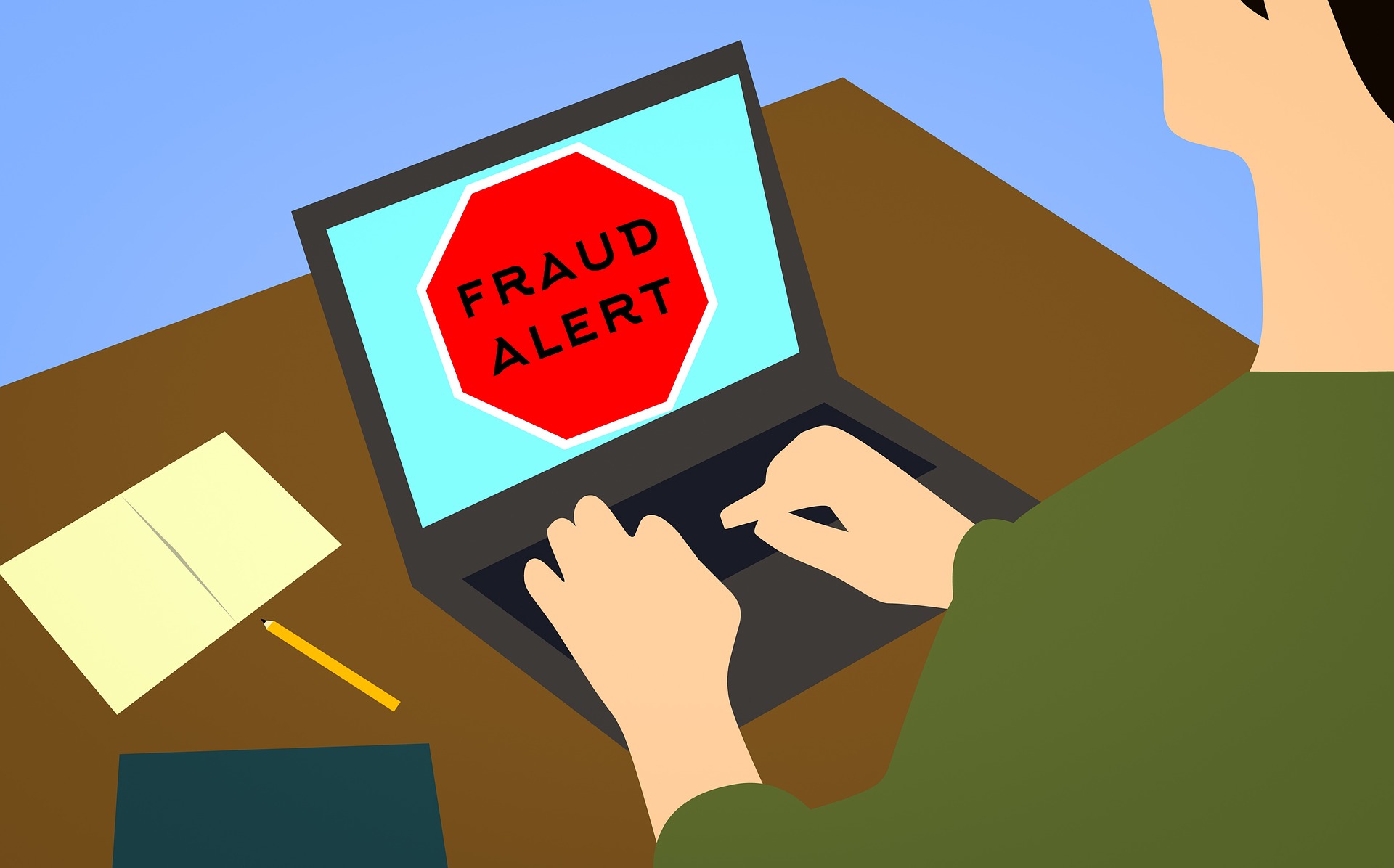Did someone tell you not to open sketchy emails yet? Phishing emails are the most common trick used by hackers to access personal and business accounts secretly. In fact, even the savviest techies still fall for some phishing scams online. The best way to avoid fraudsters is to be extra careful when using your computer in transacting online. Businesses and individuals must always be vigilant to every email they receive.

With GDPR in full effect, businesses need to be extra careful that their customer/business data is not stolen as this could result in damaging fines for their business.
How phishing scams work
Phishing scams trick people into clicking links or attachments that then infect computers with malware. Sometimes, these scams will entice you to click on a link which takes you to a webpage that appears to be legit, when in fact it’s not. The webpage will then steal your personal details and you’ll fall victim to identity theft. Even if the website is legit, if it does not have HTTPS encryption and you don’t have a browser VPN for protection, you can still have data stolen through a Man-in-the-Middle Attack.
Another way phishing scams work is through phone calls, for example, a scammer will call you pretending to be a personnel from a legitimate organisation like a bank. They will ask you for your personal information claiming to have ‘lost’ it in their database.
Businesses and individuals must also take note of pharming or fake websites, as these phishing attacks are known as ‘phishing without a lure’. Scammers will redirect you to seemingly well-known websites like Facebook, email providers like Gmail and Yahoo, or online marketplaces like Amazon. Any type of websites that require you to log in using information such as your email and password, and as such, they will easily obtain your information.
Proven tips to stop getting phished
Every month, there are new phishing scams, and if you’re not smart enough to notice them, you can lose your private information online. These tips will help you avoid phishing scams:
- Think before you click. This may sound cliché but it works every time. Always be curious of what is coming into your email account. Investigate, research, or ask people before you open a link or attachment. Usually, these bad actors are cunning email marketers that are expert in using emotions to lure victims.
- Practice makes perfect. There are anti-phishing programs that can help you develop the habit of checking emails before clicking on them. Anti-phishing training can be undertaken frequently to ensure employees are up-to-date with the latest phishing scams online. With consistent practice, it’s easier to detect scams before they cause you great damage.
- Know the source. Is it from someone you know, or a stranger trying to market something? The challenge in avoiding phishing scams today is that scammers are now using phone numbers or email accounts from people you know. Why would you not click emails from a close friend or relative, right? Again, think before you click.
- Update software regularly. Obsolete software has a higher risk of being attacked by malware and viruses. It’s essential to update your software with any new updates to fix all any damage malware and viruses it may have.
- Install a spam filter. Installing an excellent spam filter will block any types of malicious emails. This will help you to avoid falling into traps of phishing scammers.
- Get backups when you get phished. Even if you’re sceptical enough to avoid clicking on suspicious emails or links, it still doesn’t guarantee you won’t get phished. Add more security to your email accounts by taking standard cybersecurity measures such as multi-layered authentication, stronger passwords and backup all your important data.
A lot of transactions nowadays are made online, making personal information very vulnerable to hackers. It’s often just one click and all your information is compromised. Stay informed on how the latest phishing scams work and how you can avoid them. Don’t wait for a phishing attack to happen before you take action, as the saying goes, “prevention is always better than cure”.
If something doesn’t feel right, do not compromise your privacy; avoid that fishy email at all costs. You can try some plugins, an email filter, and other software to avoid phishing scams.
More on online security and GDPR.


Follow Company Bug